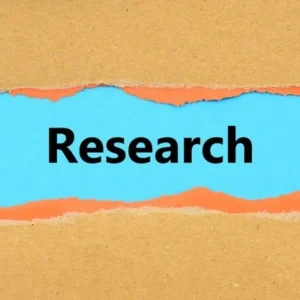The European Investment Bank (EIB) has stated it has no plans to stop existing funding to Israel despite a formal complaint regarding its financing of €1 billion worth of projects involving two Israeli companies blacklisted by the United Nations. The complaint, filed by the Brussels-based Hind Rajab Foundation, highlights the involvement of Bank Leumi and Electra, both named on the UN blacklist for their business activities in Israeli settlements in the occupied Palestinian territories.
The EIB’s projects include €250 million allocated to Electra for the Tel Aviv light rail transit system and approximately €850 million in various financing projects through Bank Leumi. The Hind Rajab Foundation has urged the EU bank, whose shareholders are the 27 EU member states, to suspend the funding and halt these projects due to concerns over their association with settlement activities.
This complaint comes amid ongoing divisions among EU countries over their response to Israel’s military actions in Gaza, which began after the Hamas attack on Israel in October 2023. The conflict has resulted in significant loss of life and widespread destruction in Gaza, with many aid organizations reporting severe humanitarian challenges.
While some countries such as France, Canada, and the UK have announced plans to recognize Palestine, others like Luxembourg have been more cautious but show signs of shifting policy. Earlier in the year, Luxembourg supported an EU Commission proposal to sanction Israel for its actions in Gaza, though the proposal did not pass.
Since beginning operations in Israel in 1981, the EIB has invested nearly €2.7 billion in Israeli projects, including almost €665 million since the outbreak of the current conflict. The bank has also invested €730 million in projects in the West Bank and Gaza since 1995, with recent funding supporting Palestinian financial institutions and infrastructure projects.
The EIB’s complaints mechanism registered 69 new cases last year, a slight increase from the previous year. The process for resolving complaints varies in length depending on factors such as admissibility, investigations, mediation procedures, and follow-up monitoring. Investigations typically last six to twelve months, while mediation can take between twelve and eighteen months.
Concerns have been raised about the effectiveness of the EIB’s complaints process, citing issues such as understaffing, insufficient consultation with affected communities, and the absence of binding requirements for management to implement recommendations. An external review of the complaints mechanism, mandated every five years, was conducted last year, but the findings have not yet been released.
The European Ombudsman has criticized the EIB in recent years over transparency issues and potential conflicts of interest involving senior officials moving between the bank and related positions. Meanwhile, the Hind Rajab Foundation continues to pursue legal action regarding alleged war crimes and human rights violations committed by Israel, including filing complaints with the International Criminal Court and seeking arrest warrants for Israeli soldiers accused of misconduct during the Gaza conflict.







